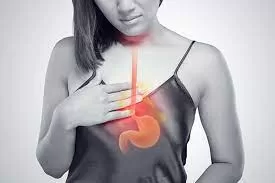Fundamentally, One Health is about understanding “whole system” interactions and bringing together relevant stakeholders and sectors to take a coordinated approach where it is appropriate to do so. The first step is simple: explore where a One Health approach would be appropriate and build collaboration between relevant disciplines and sectors in order to recognize the connection between humans, animals, and the environment, as well as the necessity for integrated health interventions.
WHO invites all interested parties – public to human and animal health practitioners, programme managers, country representatives, and representatives of international organizations and non-State actors – to take the course on One Health in action, to continue the fight against Neglected Tropical Diseases.
‘Start now, start anywhere, with the context and resources available, then expand as you build capability, connections, and momentum’, Yvonne Aki-Sawyerr OBE, Mayor of Freetown, Sierra Leone
Learn at your own pace with the six video-lectures and other downloadable resources available:
You can take all six modules, or just the ones you are interested in:
Course duration
Approximately 3.5 hours
Certificates
A Record of Achievement will be issued to participants who score at least 80% in the final assessment.
What you will learn
The ability to describe what One Health is;
The ability to justify the importance of a paradigmatic shift towards a One Health approach to NTDs;
The ability to provide examples of One Health actions that each of us can take;
The ability to identify how to start and improve the design and implementation of One Health action;
Knowledge of how best to drive sustainable impact, working with local communities and unlocking political interest.
Course contents
Module 1: Introduction to One Health and Neglected Tropical Diseases
Module 2: The One Health actions needed to address Neglected Tropical Diseases
Module 3: How to get started
Module 4: How to work together efficiently
Module 5: How to work with, not only for, local communities
Module 6: How to unlock the political will to drive sustainable impact











